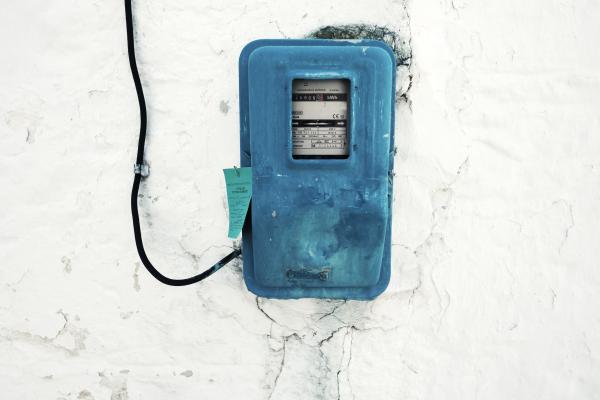
Moving-in consists of various fees apart from the first rent payment. After the Tenant Fees Ban, a lot of costs and fees have been banned or capped. From 1st June 2019, both holding deposit and security deposit will be capped at a certain amount.
It can be confusing sometimes when different fees pop up around the same time. A holding deposit is often mixed up with tenancy deposit, which is also called a security deposit, but they are two different payments serving different functions.
A tenancy deposit is paid to the landlord or agent at the beginning of a tenancy and should be registered under a government-approved deposit protection scheme. You should receive a confirmation regarding the deposit protection within 30-days from when you paid the deposit. You should receive the tenancy deposit in full when you move out; however, agents or landlords can make deductions for repairs of breach of the tenancy agreement.
Here we look at what holding deposit means, things you should know before paying; and answer the most important question - will you get it back?
What is a holding deposit?
A holding deposit is a payment made by an applicant to a landlord or agent to reserve a property. You should only pay a holding deposit if you are serious about taking on the tenancy. Because the landlord or agent can keep the money and not provide a refund if you decide not to go ahead. The landlord or agent should stop advertising the property once a holding deposit has been received, as this deposit is to reserve your spot. They are not allowed to take a holding deposit from more than one person for the same property at the same time.
Most other charges such as tenant reference fees are banned since 1 June 2019, as part of the Tenant Fees Ban.
How much is a holding deposit?
Since the Tenant Fees Ban on 1 June 2019, holding deposits cannot be more than 1 week’s rent. If you have been charged for more than that, you should ask the landlord or agent to refund any amount that you have paid above the legal limit. You can report them to the council if they refuse to provide a refund on the excess amount and claim back any excess by applying to a tribunal.
Entering into a tenancy agreement
After a holding deposit is paid, tenant referencing will start. At MakeUrMove, the referencing process usually takes around 3 working days. You have 15 days from when you pay a holding deposit to enter into a tenancy agreement, which is known as the deadline for agreement. If the deadline cannot be met, you should agree on a different deadline with the landlord or agent in advance and provide a written agreement to confirm.
If you enrol into a tenancy agreement, the landlord or agent will put it towards a tenancy security deposit or as part of the first rent payment.
You could lose your holding deposit if you decide not to go ahead, or fail to meet the deadline for agreement without an acceptable reason.
What if I don’t enter into a tenancy agreement?
In most circumstances, if the landlord decides not to offer you a tenancy, you should get your holding deposit back within 7 days. You should also receive a refund on your holding deposit in full if the ‘deadline for agreement’ has passed but you’ve already taken all plausible steps to agree on a tenancy before then. Landlords are no longer allowed to deduct any extra costs under the Tenant Fees Ban.
Can the landlord keep your holding deposit?
The landlord or agent can only keep your holding deposit under the following circumstances:
If you decide not to go ahead with the tenancy
If you don’t take the necessary steps to set up a tenancy by the agreed deadline
If you have failed the right to rent immigration check
If you have misled the landlord or agent, such as lying about your income or CCJ background during reference checks
Hence, it is important to make sure all information provided for tenant referencing is correct and accurate.
Looking for a new home? You can find a property in your local or sign up for property alerts, so you can be the first to know when a new property pops up around your area.







